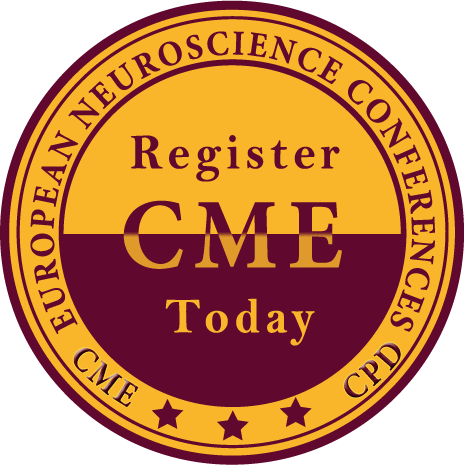
Yacov Rofé
Professor,former chair of the Interdisciplinary Department of Social Sciences
Bar-Ilan University
Ramat Gan, Israel
Biography
Yacov Rofé is a professor of psychology and former chair of the Interdisciplinary Department of Social Sciences at Bar-Ilan University in Ramat Gan, Israel. He taught for the Department of Psychology at Washington University in St. Louis, Missouri, and was a visiting professor at Rutgers Medical School in New Jersey.In recent years, Rofé’s scientific work has focused on the development of a new theory of psychopathology, which challenges the validity of traditional theories of behavioral disorders. Rofé wrote a book entitled The Rationality of Psychological Disorders, published by Kluwer in 2000. He has since published four subsequent articles supporting his Rational-Choice Theory of Neurosis (RCTN). 2016). Rofé has completed a new book, entitled Schizophrenia, Criminal Insanity and Neurosis: The Intuitive Rational-Choice Theory of Madness, which demonstrates that medical models reached their esteemed scientific level because of the weaknesses of psychological theories, primarily psychoanalysis, rather than because of the strength of their data. It shows that the new theory can explain the development and treatment of all above behavioral disorders, including schizophrenia, better than rival theories. Distinguished researchers, including Professor Robert Aumann, Nobel Prize Winner in economics, acknowledged the merits of this book. In his letter to the editors, Aumann noted, "Rofé's theory, revolutionary as it is, fits well into the framework of economics, game theory and evaluation."
Research Interest
Critique of psychopathology theories and developing alternative models,Critique of fear theories and new conditioning models,Development of an integrative theory of therapeutic intervention,Affiliation in stressful situations,Repressive and unconscious processes

